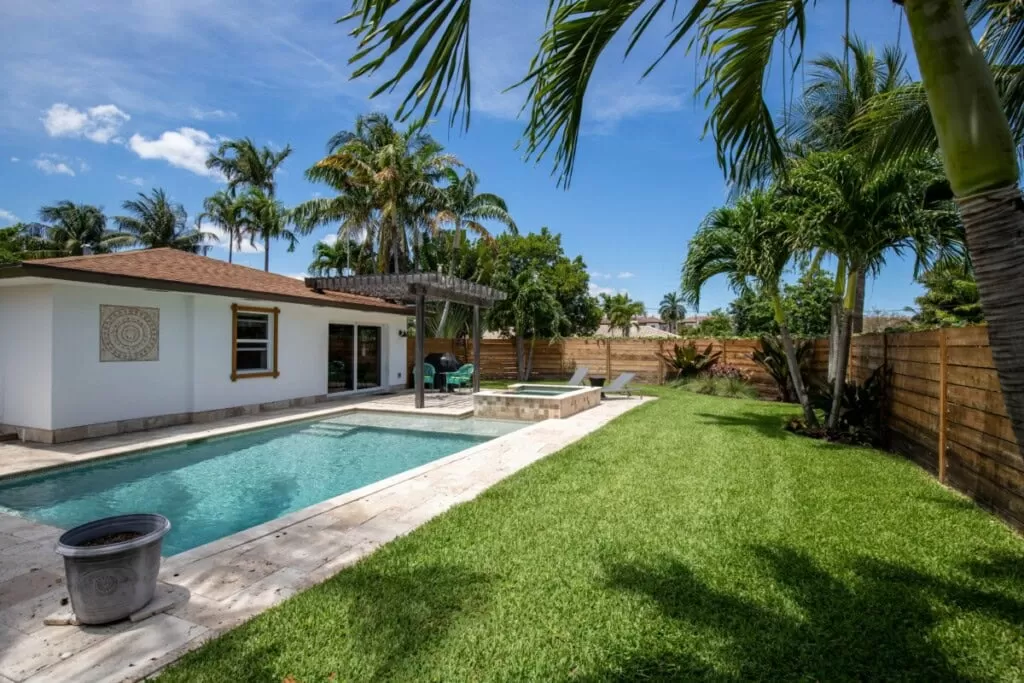Adding a pool to your home can be an attractive feature for many potential buyers. However, the question of whether a pool increases home value is not as straightforward as it may seem. There are many factors that can affect the impact of a pool on your home’s value, such as location, climate, pool type, materials used, and neighborhood norms. Before you decide to install a pool, it’s important to understand the potential costs and benefits associated with it.
First and foremost, the cost of installing a pool can vary widely depending on your location, the type of pool, and the materials used. In general, inground pools tend to be more expensive than above-ground pools. According to HomeAdvisor, the average cost of installing an inground pool is between $50,000 to $100,000 or more, while above-ground pools can range from $1,500 to $15,000. This is a significant investment and should be carefully considered before proceeding.
In addition to the initial installation costs, it’s important to factor in the ongoing maintenance costs of owning a pool. On average, homeowners can expect to spend between $1,200 to $1,800 per year on pool maintenance. This includes regular cleaning, chemical treatments, and repairs. These costs can add up over time and should be factored into the decision of whether to install a pool.
Now, let’s consider the potential impact of a pool on your home’s value. It’s important to note that the value added by a pool can vary greatly depending on where you live and the preferences of potential buyers in your area. In areas with warmer climates and a high demand for backyard pools, a pool can significantly increase the value of a home. On the other hand, in areas with colder climates and less interest in pools, the impact on home value may be minimal.
Another factor to consider is the type of pool you choose. In general, inground pools tend to add more value to a home than above-ground pools. This is because inground pools are considered a permanent fixture and are often seen as a more luxurious feature. Above-ground pools, on the other hand, are temporary and can be easily removed, which means they may not have the same impact on home value.
It’s also important to keep in mind that not all potential buyers will see a pool as a valuable addition to a home. Some may view it as a safety hazard, especially for families with young children. In these cases, the pool may actually decrease the value of a home. Additionally, if your neighborhood has a pool at every other house, yours may not stand out as much and may not have as much impact on home value.
Aside from the potential impact on home value, there are other important considerations when it comes to adding a pool to your home. One of these is the process of obtaining permits and adhering to safety regulations. Depending on where you live, you may need to obtain a permit before installing a pool, and there may be strict safety requirements that must be met. These requirements are in place to protect both the homeowners and potential buyers, so it’s important to follow them closely.
In conclusion, the question of whether a pool increases home value is not a simple one to answer. It ultimately depends on a variety of factors, including location, climate, pool type, materials used, and neighborhood norms. While a pool can add value to a home in some cases, it’s important to carefully consider the costs and potential impact on home value before making a decision. If you do decide to install a pool, make sure to obtain the necessary permits and follow safety regulations to ensure a positive impact on home value.

